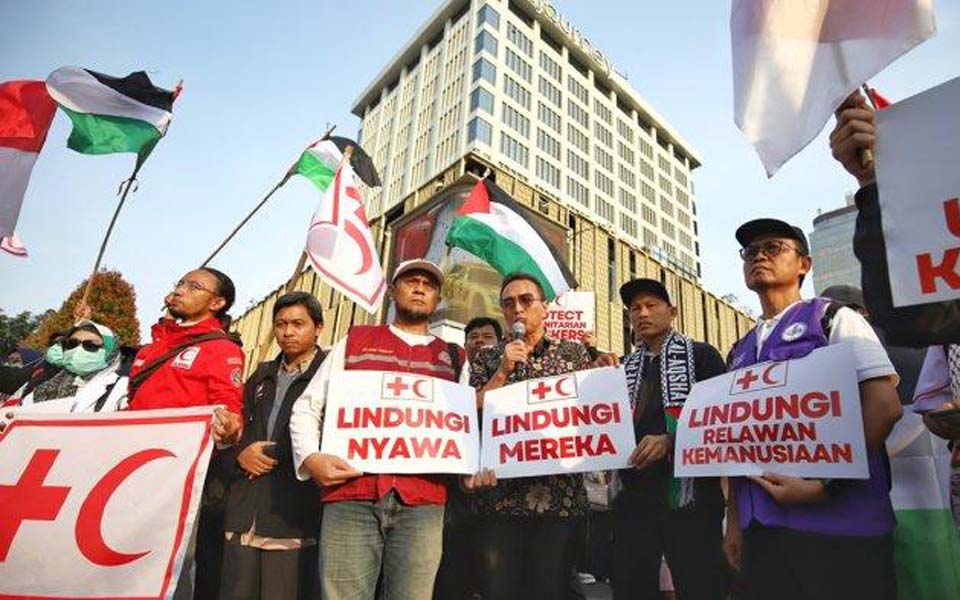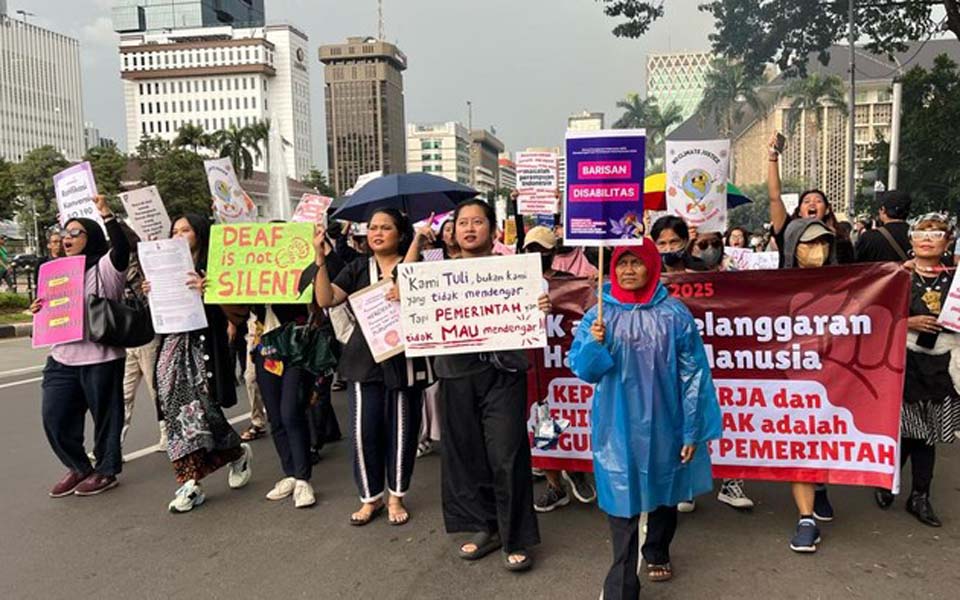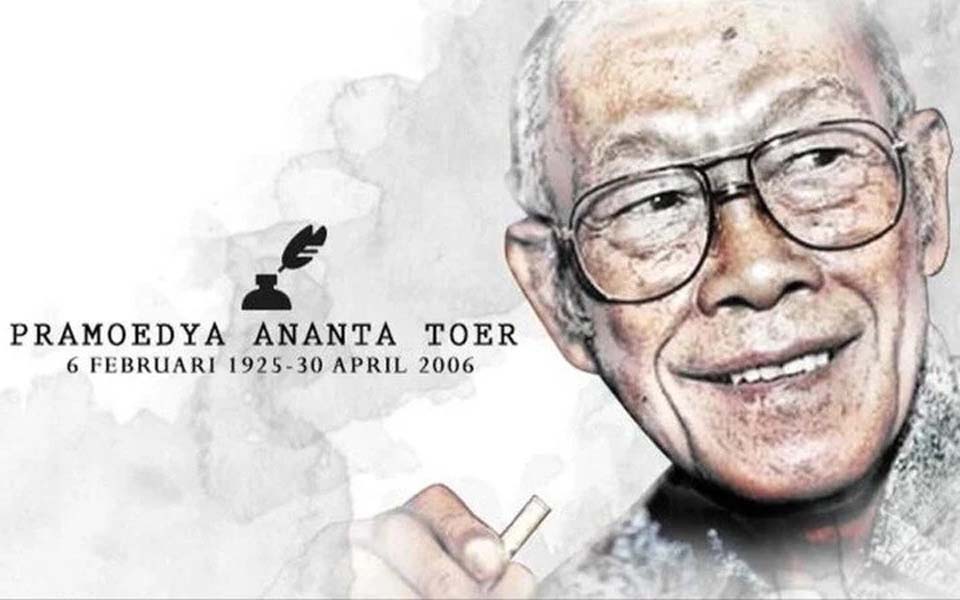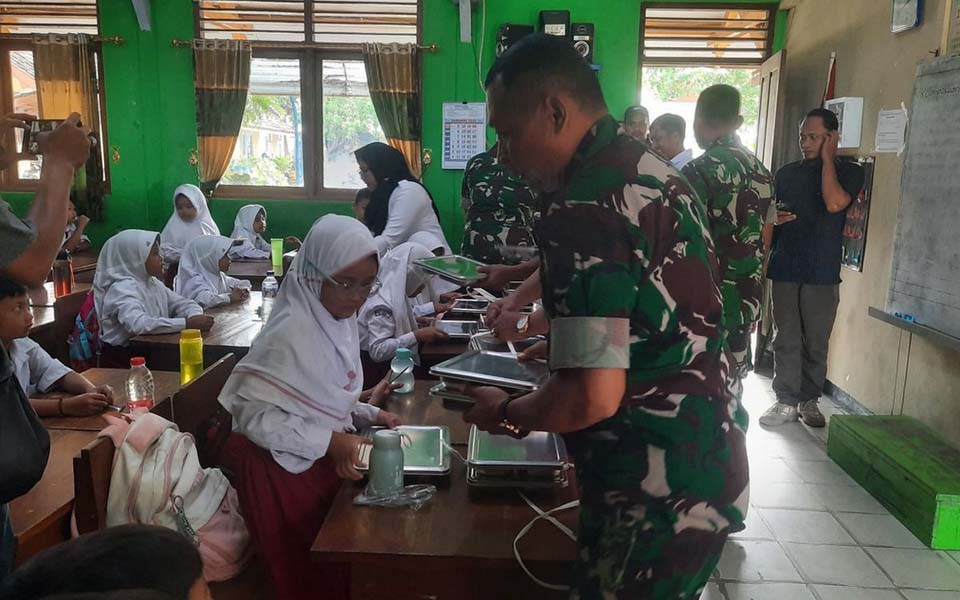Jakarta – The move by Education, Culture, Research and Technology Minister Nadiem Makarim to issue a ministerial regulation to prevent and overcome sexual violence at higher education institutions has generated a polemic.
Several parties believe that the new Education Ministry Regulation (Permendikbudristek) Number 30/2021 in fact provides space for the legalisation of adultery (zina) and free sex on campus.
One of these is the Islamic mass organisation Muhammadiyah which has highlighted Article 5 in the regulation as being able to mean the legalisation of immoral (asusila) acts and free sex based on mutual consent.
"This [article] implies that as long as there is no coercion, improprieties are correct and are justified, even though they are done outside of lawful marriage", said Muhammadiyah Higher Education, Research and Development Board Chairperson Lincolin Arsyad on Monday November 8.
Criticism has also come from the social group calling itself the Islamic Council of Social and Mass Organisations (Majelis Ormas Islam, MOI). MOI is of the view that the regulation was adopted from the original draft of the Draft Law on the Elimination of Sexual Violence (RUU PKS) which they believe legitimises adultery by hiding it behind the words "without coercion", despite being outside the institution of marriage.
Civil society support
Civil society groups however support Makarim's regulation. The Civil Society Coalition Against Sexual Violence (KOMPAKS) is of the view that the regulation does not legalise free sex or adultery on campus.
KOMPAKS representative Naila Rizqi Zakiah believe that the opposition by several social groups to the regulation is because a lack of understanding in looking at and assessing the issue of sexual violence.
According to Zakiah, the pretext by these groups for rejecting the regulation is also based too much on stereotypes. Their views have not changed since they rejected similar stipulations in the RUU PKS in 2017. Yet, she said, the regulation absolutely does not contain any clauses legalising adultery. The regulation only stipulates explicitly the forms of sexual violence.
KOMPAKS believes that those who reject it fail to understand the two key words used in the regulation: Power relations and consent. This failure, she said, is a fatal error because they are the fundamental issues in exposing cases of sexual violence.
These two elements, said Zakiah, assist other parties in understanding a victim's condition in a sexual violence case, where in general the person impacted upon was unable to give their consent because of unequal power relations.
"These two elements help us understand the victim's condition, that the victim was not in a situation where they could give full consent or refuse the sexual invitation or advance", Zakiah told CNN Indonesia on Tuesday November 9.
In addition to this, Zakiah explained that these two key words – power relations and consent – also represent efforts to protect the victim from victim blaming, which often happens in sexual violence cases.
Because of this therefore, she is concerned that if consent and power relations are removed from the regulation, victims will also be blamed as the perpetrator by being accused of adultery or even defamation.
"There are many cases of rape and sexual violence where the perpetrator claims that it was done with mutual consent or there was no coercion or violence", said Zakiah.
Education Ministry's defends regulation
The Education Ministry denies that Permendikbudristek Number 30/2021 legalises adultery on campus.
Acting Director General for Higher Education, Research and Technology, Nizam, explained that the regulation was issued based on the anxiety felt by students about sexual violence on campus. Unfortunately however, many cases of sexual violence are not pursued by campus authorities.
As has been reported, reports have emerged over the last few days about sexual violence cases at Riau University (Unri) involving a leading campus member, at the Sultan Ageng Tirtayasa University (Untirta) in Banten involving a Student Executive Council (BEM) leader and a case committed by a student activist in the East Java provincial capital of Surabaya.
"The majority of victims were afraid to report the incident and the sexual violence created trauma on the part of the victims. This illustrates just how urgent it was to issue this regulation", said Nizam on Monday.
The regulation has also been supported by the Religious Affairs Ministry (Kemenag) and the House of Representatives (DPR) Commission X. The Kemenag had already issued a circular supporting the policy at state religious higher education institutions throughout Indonesia.
The Ministry of Education, Culture, Research and Technology (Kemendikbudristek) working partner in parliament, Commission X, also supported the regulation in response to the continued rise in the number of sexual violence cases on campus. Based on data collected by the chairperson of Commission X, Saiful Huda, there were 174 case of sexual violence on 79 campuses in 29 cities.
This total may well be even higher. Nevertheless, Huda is recommending that there be limited revisions to the regulation because it has given rise to multiple interpretations. He highlighted the term consensual which has been the dominant factor in determining whether an incident can be categorised as sexual violence or not.
"The Permendikbudristek [PPKS] still needs limited revisions", Huda told journalists on Tuesday.
Religious perspective
National Commission on Violence Against Women (Komnas Perempuan) Commissioner Maria Ulfah meanwhile also rejects accusations that the regulation is a form of state legalisation of adultery or free sex on campus. She believes this conclusion needs to be straightened out because the regulation clearly stipulates and provide protection for victims of sexual violence.
From a religious perspective, said Ulfah, adultery is already clearly regulated and because of this, people who are devout and religious must pursue their own religious teachings.
Religious teachings in this debate, said Ulfah, are enough to provide social control. According to Ulfah, the state cannot be blamed it if does not prohibit adultery, let alone be accused of legalising it.
"This way of looking at things must be straightened out. So everything which is taught, which is part of religion, yes must then be followed if we feel we should, we're a religious people, so without being regulated by the state, we can put it into practice", Ulfah told CNN Indonesia on Tuesday.
"So without being regulated by the state, it will be controlled individually, as devout individuals", she added.
The ministry's new regulation will also be followed by the Religious Affairs Ministry which covers religious based campuses throughout Indonesia. Religious Affairs Minister Yaqut Cholil Qoumas also expressed his personnel support for the regulation when he received Nadiem Makarim at his office in Jakarta on Monday.
"We support the policy issued by the Mas [Brother] minister", said Qoumas in an official release on Tuesday.
Furthermore, Qoumas said that his department will issue a circular supporting the policy for state religious higher education institutions throughout Indonesia.
Qoumas admitted to agreeing with Makarim that sexual violence has become one of the obstacles to achieving Indonesia's national education goals.
Qoumas, who used to be known as the general chairperson of the Ansor Youth Movement, the youth wing of Islamic mass organisation Nahdlatul Ulama, said that society cannot close its eyes to the issue because there are many cases of sexual violence on campus.
"And we don't want this to continue. With this policy, we hope that victims will be able to speak out and sexual violence in the world of education can be ended", said Qoumas. (thr/kid)
[Translated by James Balowski. The original title of the article was "Debat Multitafsir Aturan Nadiem soal Kekerasan Seksual di Kampus".]















